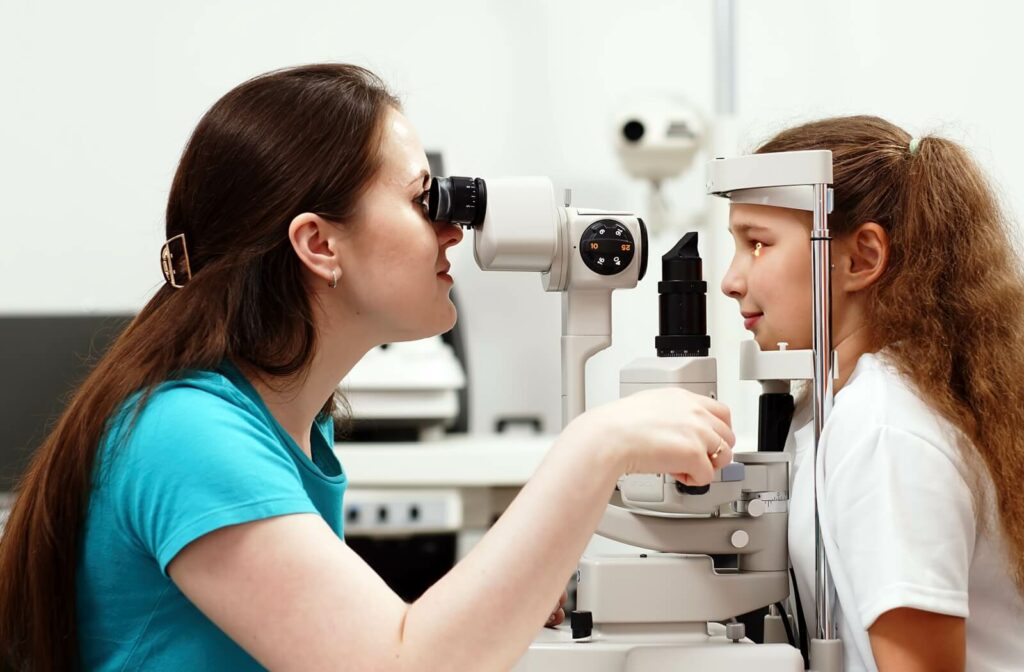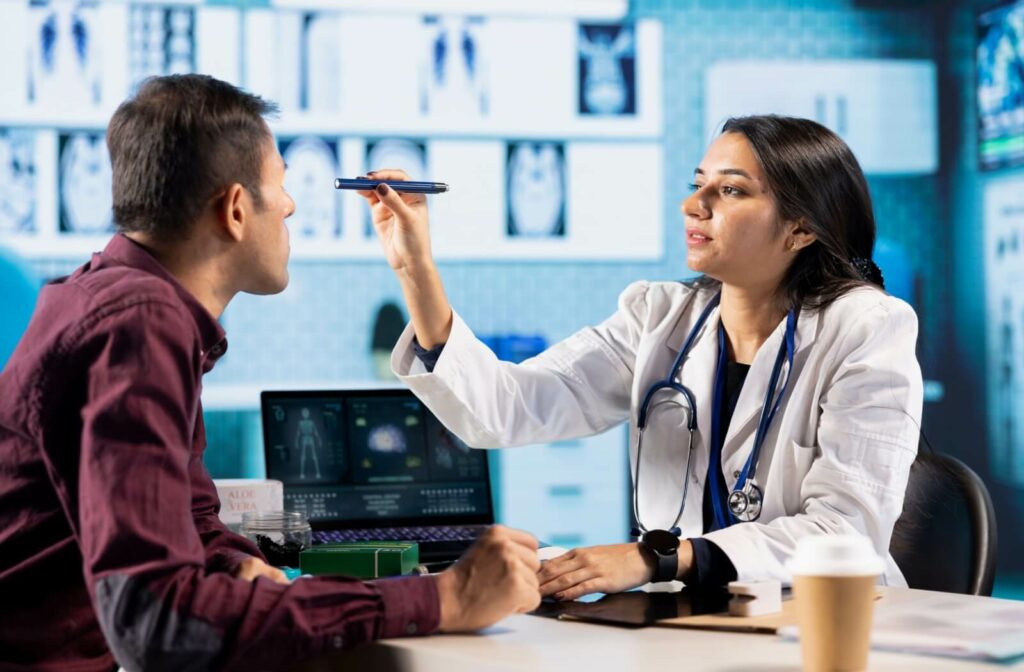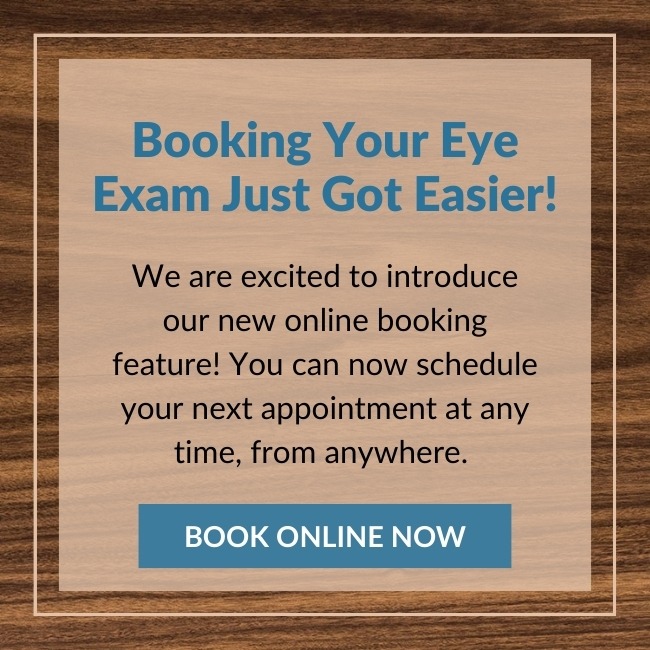Regular eye exams are a key part of maintaining vision and overall eye health. They provide an opportunity to detect potential issues early on, ensuring that your eyes remain healthy for years to come.
One of the most common questions patients ask is, “How long does an eye exam take?” The typical duration of a comprehensive eye exam is between 30 and 60 minutes, but the exact time can vary depending on several factors.
Factors That Influence the Duration of an Eye Exam
Type of Eye Exam
Eye exams can range from a simple vision screening to a more detailed comprehensive exam. A vision screening typically takes less time and focuses mostly on determining whether corrective lenses are needed. On the other hand, a comprehensive exam involves a thorough evaluation of eye health and vision and often takes longer.
Patient Needs
The length of your eye exam may also depend on whether it’s your first visit, whether you have particular concerns, or whether you have pre-existing conditions like diabetes or glaucoma. New patients may need a longer exam to establish a baseline and review their medical history.
Clinic Procedures
Different clinics may use different equipment or protocols, impacting the time needed for an eye exam. For example, some clinics may use advanced imaging technology or have more thorough pre-testing procedures, which can extend the duration of your visit.
Step-by-Step Breakdown of a Comprehensive Eye Exam
Check-In and Preliminary Questions (5-10 minutes)
The exam usually begins with a check-in, during which time you’ll be asked about your medical history, lifestyle, and any concerns or symptoms you’re experiencing. This step helps the optometrist understand your overall health and tailor the exam accordingly.
Pre-Testing (10-15 minutes)
In this stage, a series of tests will evaluate basic eye functions. These tests assess visual acuity (how well you see), depth perception, eye muscle movement, and pupil response. The tests themselves are quick, but still essential for assessing general eye health.
The Main Examination (15-20 minutes)
This part of the exam focuses on evaluating your eye health. The optometrist will check for signs of diseases such as glaucoma, cataracts, or macular degeneration. A refraction test will also be performed to determine your exact prescription for glasses or contact lenses.
Specialized Testing (if needed, 10-20 minutes)
Some patients may require additional tests, such as retinal imaging, glaucoma testing, or eye dilation. Dilation involves using eye drops to widen your pupils, allowing the doctor to examine the back of your eye more thoroughly. Depending on your needs, this step may add extra time to your appointment.
Discussion & Recommendations (5-10 minutes)
At the end of your exam, the optometrist will discuss your results, explain any findings, and provide recommendations for treatment, vision correction, or follow-up care. If you need glasses or contact lenses, they’ll update your prescription.
Average Time for an Eye Exam
On average, a typical eye exam takes 30 to 60 minutes. If you’re visiting for a routine checkup, it may be closer to the 30-minute mark, while more comprehensive exams involving specialized tests might take a bit longer.
Tips to Make the Process Smoother & Faster
- Arrive early with completed paperwork: Fill out any necessary forms before your appointment to streamline the process.
- Bring your current glasses or contact lenses: If you wear corrective lenses, bring them so your optometrist can assess how well they’re working.
- Prepare a list of questions or concerns: Think about any vision or eye health issues you’ve been experiencing and note them down so you remember to discuss them during the exam.
Why an Eye Exam Is Worth Your Time

The time required for an eye exam is a small investment compared to its long-term benefits. Regular eye exams are key for the early detection of serious conditions like glaucoma, cataracts, or diabetes-related eye problems. Early intervention can prevent vision loss and ensure that you enjoy optimal vision throughout your life.
Frequently Asked Questions
Do children’s eye exams take less time?
Children’s eye exams may be quicker, especially if they’re routine checkups. However, the optometrist may spend additional time evaluating developmental milestones in younger children.
How often should I schedule an exam?
It’s recommended that a person have a comprehensive eye exam every 1 – 2 years, but some people may need more frequent visits based on their age, risk factors, or existing conditions.
Can I drive after an eye exam with dilation?
After dilation, your vision may be blurry, and your eyes may be sensitive to light. It’s best to avoid driving immediately after the exam.
Schedule Your Next Eye Exam with Advanced Eyecare Optometry
Most eye exams take less than an hour, but the benefits are significant. Regular exams help preserve your vision and detect issues before they become serious.
If you’re interested in an eye exam and want to prioritize your future eye health, schedule an appointment with Advanced Eyecare Optometry today!




